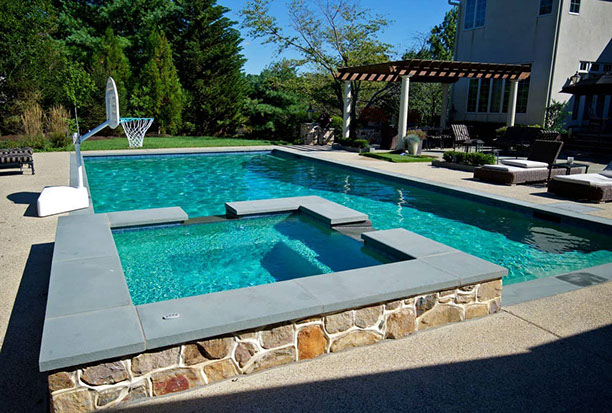
Table of Contents
Introduction
Building a swimming pool in Pennsylvania is a dream for many homeowners looking to create a backyard oasis. However, before you dive into the construction process, there are important legalities you need to understand. Did you know that failing to secure the proper permits can result in fines or even the removal of your pool? This guide will walk you through the full process of building a custom pool in Pennsylvania, ensuring your project runs smoothly and legally.
Why Permits Are Necessary
Permits serve as a protective measure to ensure that your swimming pool meets safety, zoning, and construction standards. These regulations are in place to prevent accidents, avoid damage to public utilities, and ensure compliance with local and state guidelines.
Some key reasons for obtaining a permit include:
- Ensuring proper distance from property lines and utilities.
- Compliance with safety features such as fencing and drainage systems.
- Verification of structural soundness.
Types of Swimming Pools That Require Permits
Not all pools are created equal, and different types of pools have different permit requirements. Here’s a breakdown:
Type of Pool | Permit Required | Details |
In-ground Pool | Yes | Requires excavation, electrical, and plumbing work. |
Above-ground Pool | Yes | Permits are typically required for pools over 24 inches deep. |
Inflatable Pool | Sometimes | If deeper than 24 inches, a permit may be needed. |
Hot Tub or Spa | Sometimes | Check local zoning laws; some municipalities require permits. |
For homeowners considering a DIY approach, check out essential tips for DIY swimming pool construction to ensure you’re fully prepared.
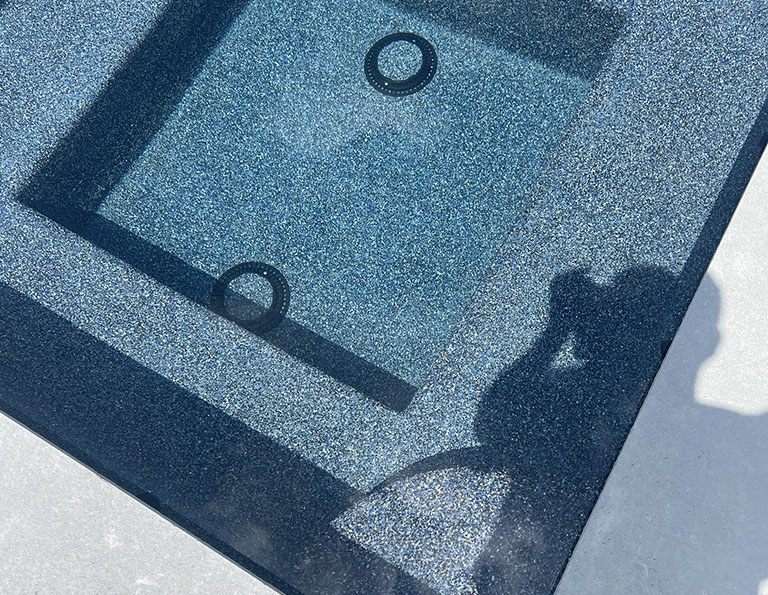
Steps to Obtain a Pool Building Permit in Pennsylvania
1. Check Local Zoning Laws
Each township or borough in Pennsylvania has its own zoning regulations that dictate where and how a pool can be built. Some may have restrictions regarding proximity to:
- Property lines.
- Septic systems.
- Public utility easements.
Visit your local municipal office or review the Pennsylvania Department of Community and Economic Development (DCED) website to check municipal regulations.
2. Prepare Your Permit Application
A typical swimming pool permit application includes:
- A completed permit form.
- Site plans showing the proposed location of the pool.
- Details about the pool dimensions and materials.
- Information about fencing or barriers.
Make sure your site plan includes:
- Measurements showing the distance between the pool and property lines.
- Placement of safety features (such as gates).
- Utilities and drainage plans.
If you’re unsure how to navigate the process, you can consult with expert swimming pool consultants for professional guidance.
3. Submit to the Building Department
Once your documents are ready, submit your application to your local building department along with the required fees. Permit fees in Pennsylvania can range from $50 to $500, depending on your location and pool type.
4. Inspection Process
Most municipalities require multiple inspections throughout the construction process, including:
- Initial inspection: After excavation but before construction.
- Midpoint inspection: During installation of electrical and plumbing.
- Final inspection: To ensure the project complies with building codes and safety requirements.
Partnering with experienced swimming pool builders can help you ensure you pass all inspections with ease.
Common Regulations to Follow
Pennsylvania has specific regulations that must be followed when constructing a pool:
1. Barrier and Fencing Requirements
State law requires that all pools deeper than 24 inches have a secure barrier to prevent unauthorized access.
- The fence must be at least 4 feet high.
- Gates must be self-closing and lockable.
- Openings in the fence cannot exceed 4 inches.
For more details, visit our comprehensive pool safety guide to ensure your fencing meets safety standards.
2. Electrical Safety
Pools require electrical work to power pumps, lighting, and heating systems. Electrical installations must comply with the National Electrical Code guidelines for safety.
- All outlets near the pool must have Ground Fault Circuit Interrupters (GFCIs).
- A licensed electrician should handle all electrical connections.
3. Setback Distances
Most municipalities require a setback distance (the distance between the pool and the property line) of at least 10 feet. However, this can vary depending on the location.
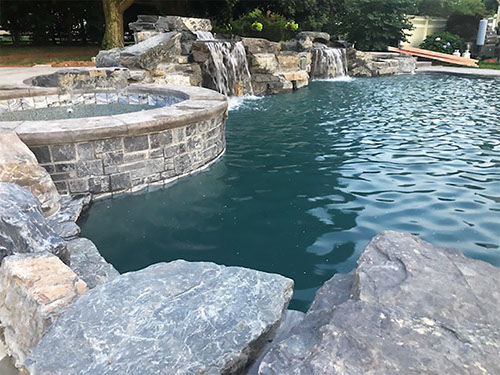
Penalties for Non-Compliance
Failing to obtain the proper permits can lead to severe consequences, such as:
- Hefty fines ranging from $500 to $5,000.
- Mandatory removal of the pool.
- Legal action from neighbors or local authorities.
For safety regulations, visit the Consumer Product Safety Commission’s Pool Safely website to stay informed.
Conclusion
Building a swimming pool in Pennsylvania can be a rewarding investment, but it’s crucial to navigate the permit and regulatory process correctly. By following the guidelines outlined above, you’ll not only ensure compliance but also create a safe and enjoyable space for your family and friends.
If you’re ready to start your pool project, contact us for expert consultation and pool project support. We’re here to make your backyard oasis a reality!

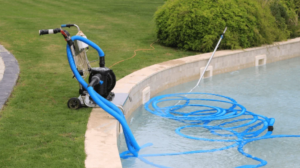
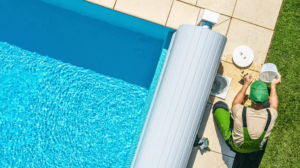

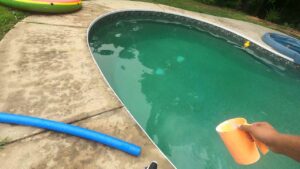
3 Responses